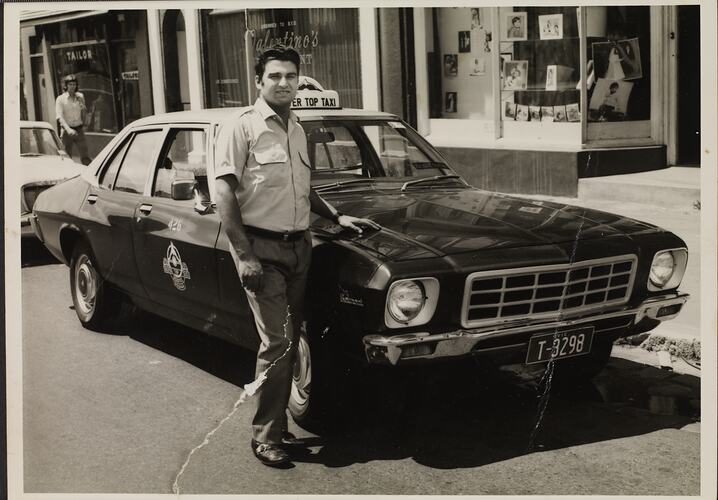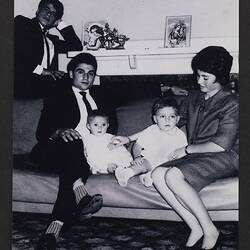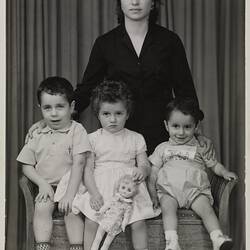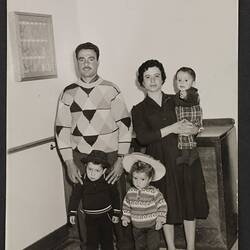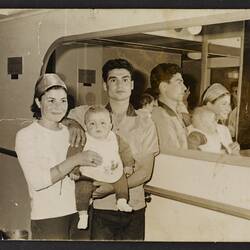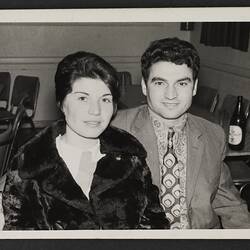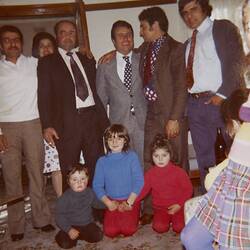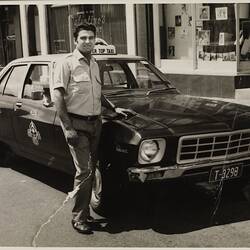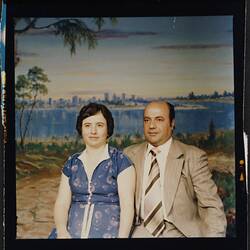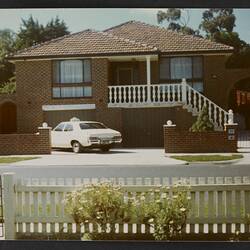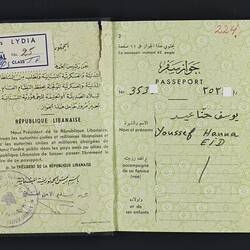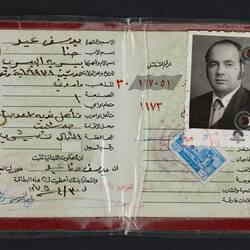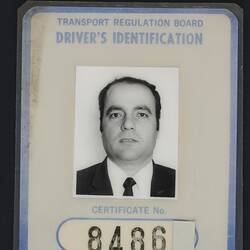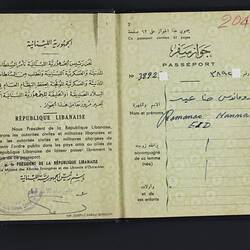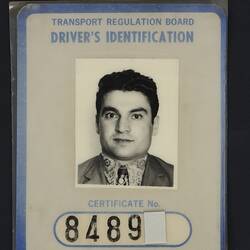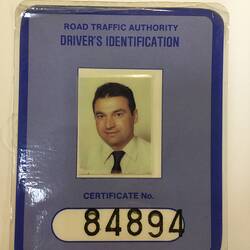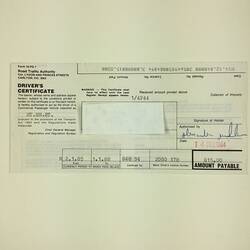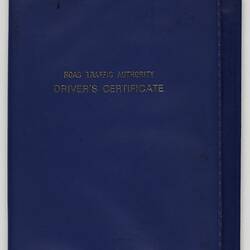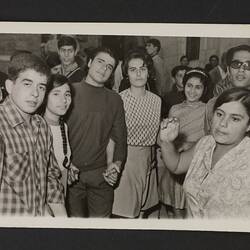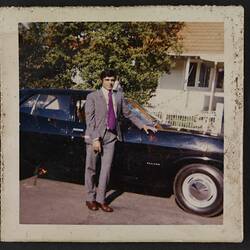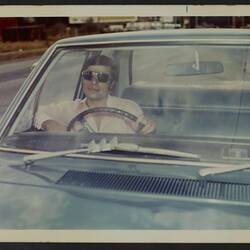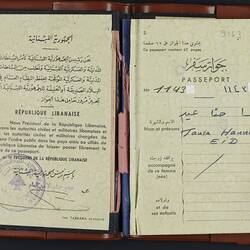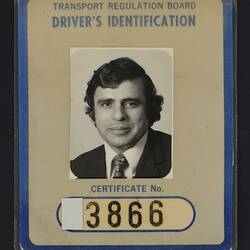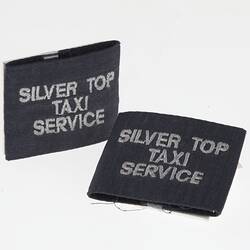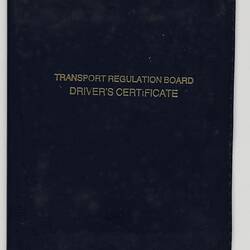Summary
Being 'on the taxi' once offered entrepreneurial opportunities for newly arrived migrants.
Being 'on the taxi' once offered entrepreneurial opportunities for newly arrived migrants. In recent decades the choices have been more limited.
The Eid brothers chose to establish taxi businesses in the 1970s to fulfill their hopes of prosperity, independence, mobility and flexible hours. Greater earnings could be made driving taxis compared with working for set wages, provided they were willing to put in long hours. In the long term, owning a licence proved to be a lucrative long-term investment.
Since the mid 1990s the taxi industry has shifted from an owner-operated service to an investor-driven industry. In the early 1970s, the Eid brothers bought their licences for around $17 000. However, with the cost of licences rising to just under $480 000 in 2012, the owner-taxi business is now out of reach for new migrants. Instead they have to lease licences for about $24 000 a year.
Taxi driving was, and still is, challenging, unpredictable and often precarious work. For Youssef, Romanos and Tansa, extended hours on the road increased the risk of accidents and working in a confined space had adverse effects on their health. Juggling passenger and pedestrian behavior, traffic conditions and street navigation could be extremely stressful.
Today, most taxi drivers work long hours in a highly regulated industry with no working entitlements or investment opportunities. The risks and insecurities remain the same, without the silver lining.
More Information
-
Keywords
-
Authors
-
Article types
